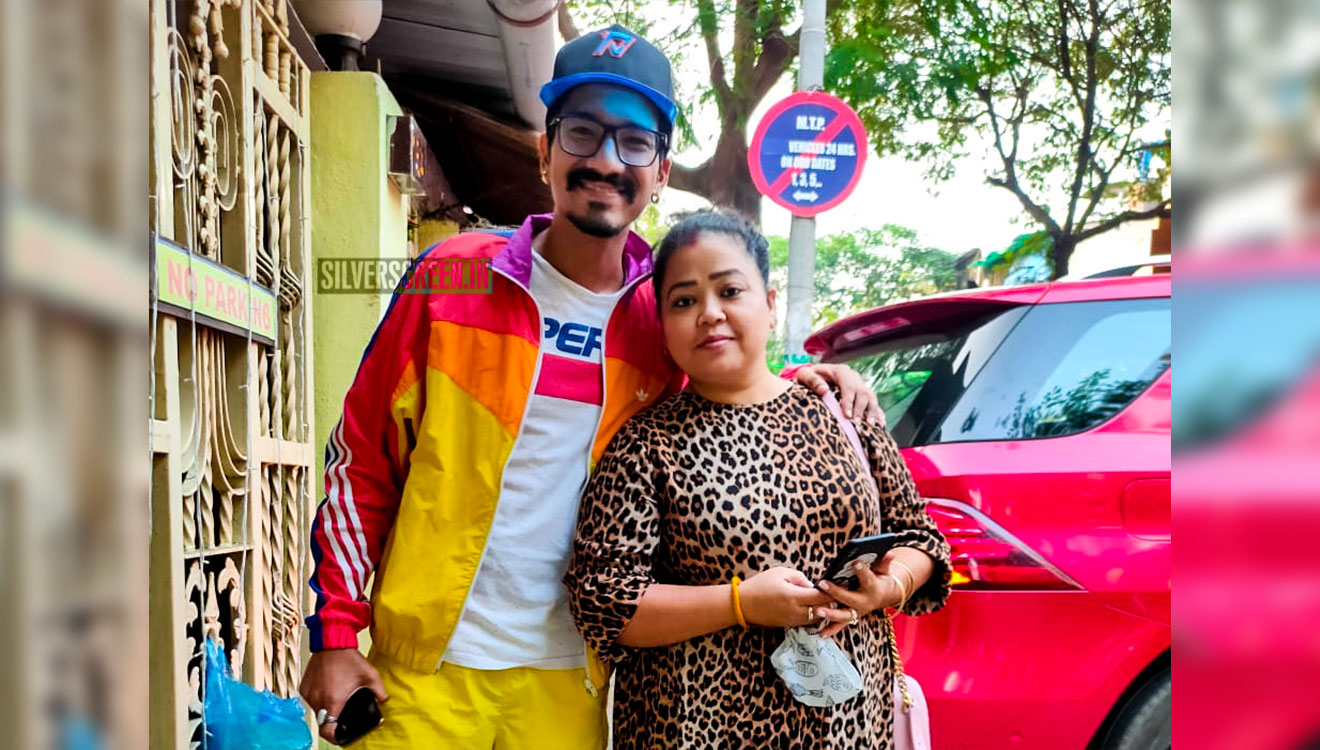The Bombay High Court on Thursday directed the Goa Sessions Court, that acquitted Tarun Tejpal, founder and former editor-in-chief of Tehelka, of all charges in the 2013 rape case to redact the survivor’s identity details on the order uploaded on the court website, Live Law reported.
The order illegally revealed the survivor’s identity including her name, email ID, husband’s name and mother’s name. Objecting to all these points, the state moved the Bombay High Court, challenging the trial court’s acquittal and sought amends for them.
The court granted three days to the state to put the order on record and amend the grounds of appeal against the acquittal on May 21, the order for which was made available to the state only on Tuesday.
Tejpal was accused of forcing himself on one of his junior colleagues inside an elevator of the Grand Hyatt, Bambolim, Goa on November 7 and 8, 2013 during the Think 13 festival, Tehelka‘s official annual event.
On November 18, 2013, the survivor filed a complaint with the magazine’s then managing editor and journalist Shoma Chaudhry. Soon, Tejpal sent a formal “unconditional” apology to the survivor “for the shameful lapse of judgement that led me to attempt a sexual liaison despite your clear reluctance that you did not want such attention from me”.
Calling the incident a “bad lapse of judgement”, Tejpal wrote another letter to Chaudhry that “an awful misreading of the situation, have led to an unfortunate incident that rails against all we believe in and fight for”.
The survivor had insisted on setting up an anti-sexual harassment cell under the Vishakha guidelines to investigate the matter. She claimed that Tejpal’s apology presented an “entirely different version” from her testimony with his attempts to establish that a “sexual liaison took place as opposed to him sexually molesting me”.
Tejpal eventually stepped down as the editor for six months.
After his anticipatory bail was rejected by a local court in Goa, Tejpal was arrested on November 30, 2013. He was tried for committing offences punishable under Sections 341 (wrongful restraint), 342 (wrongful confinement), 354 (sexual harassment), 354A (1) (I) (II) (demand for sexual favours), 354B (assault or use of criminal force to woman with intent to disrobe), 376 (2) (f) (person in a position of authority over women, committing rape) and 376 (2) (k) (rape by a person in a position of control) of the Indian Penal Code.
Recommended
In February 2014, the Goa Police Crime Branch filed a 2,846-page charge sheet against him.
Spanning over seven years with numerous witnesses, colleagues’ statements, CCTV footage, e-mails and WhatsApp messages by the prosecution, the Goa Sessions Court acquitted Tejpal of all charges claiming that the survivor “demonstrate” a rape victim behaviours as she did not look “terrified or traumatised” enough.
In the 527-page order passed by the Goa trial court, the trial court also based its judgment on the interpretation of the survivor taking legal advice from advocate Indira Jaising, who is also the author of the book Sexual Harassment at Workplace.



